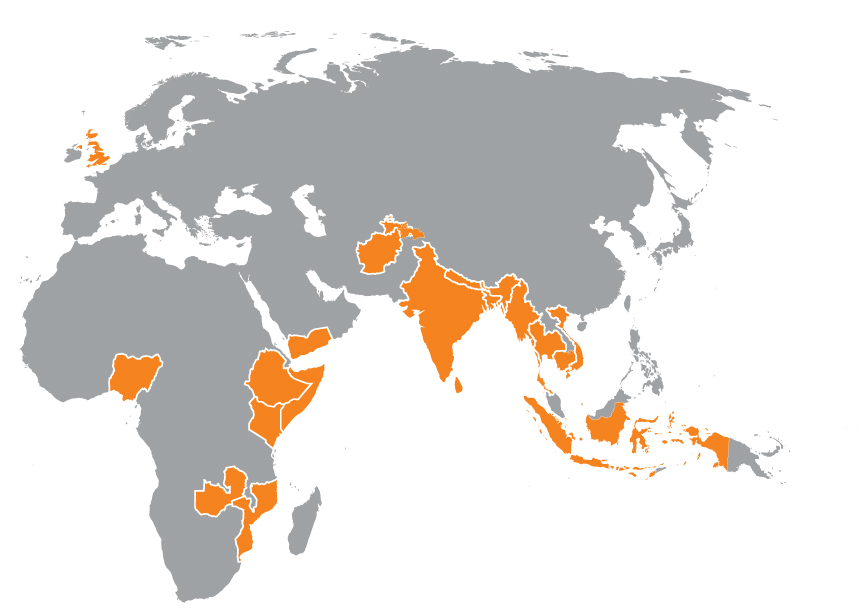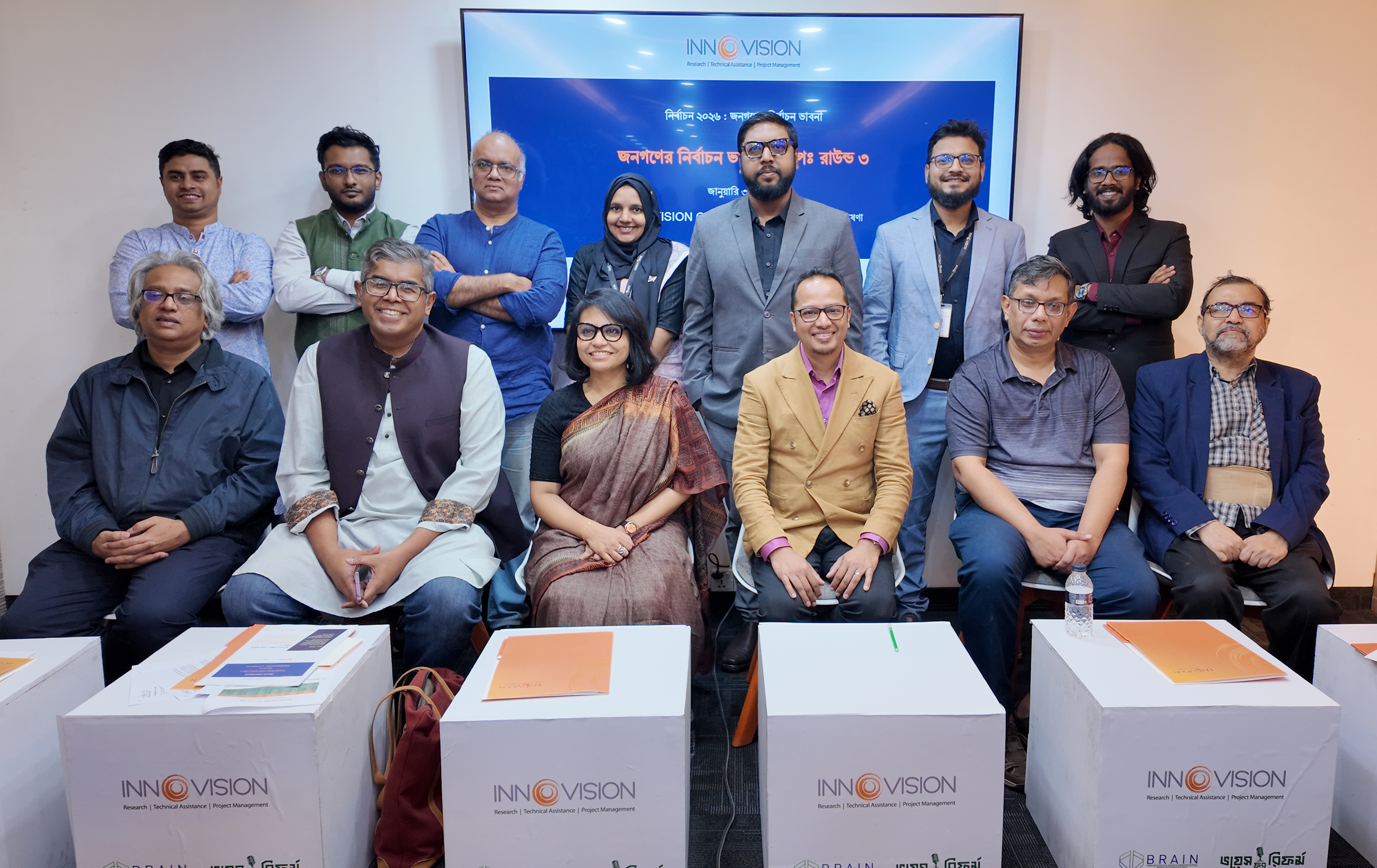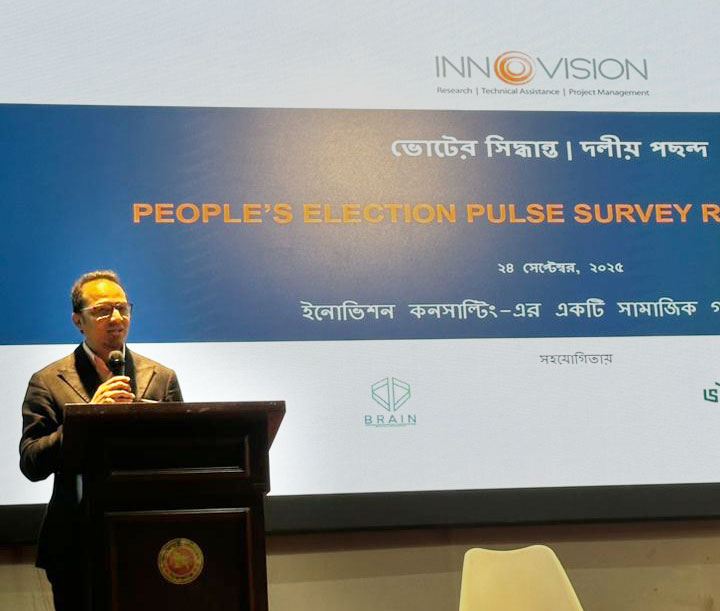
Who We Are
Innovision is an international advisory and management consulting firm. We are working on transforming the world's trade, investment, finance, and socio-economic systems. We offer research, technical assistance, and project management services to support governments, private sector actors, multilateral organizations, and civil society in designing, implementing, and evaluating inclusive and systemic solutions. Our work spans across regions, fostering South-South and South-North cooperation to identify and overcome barriers to inclusive markets, equitable trade, and shared prosperity.
→

.png)
.png)


.png)
.png)



.jpg)


.png)
